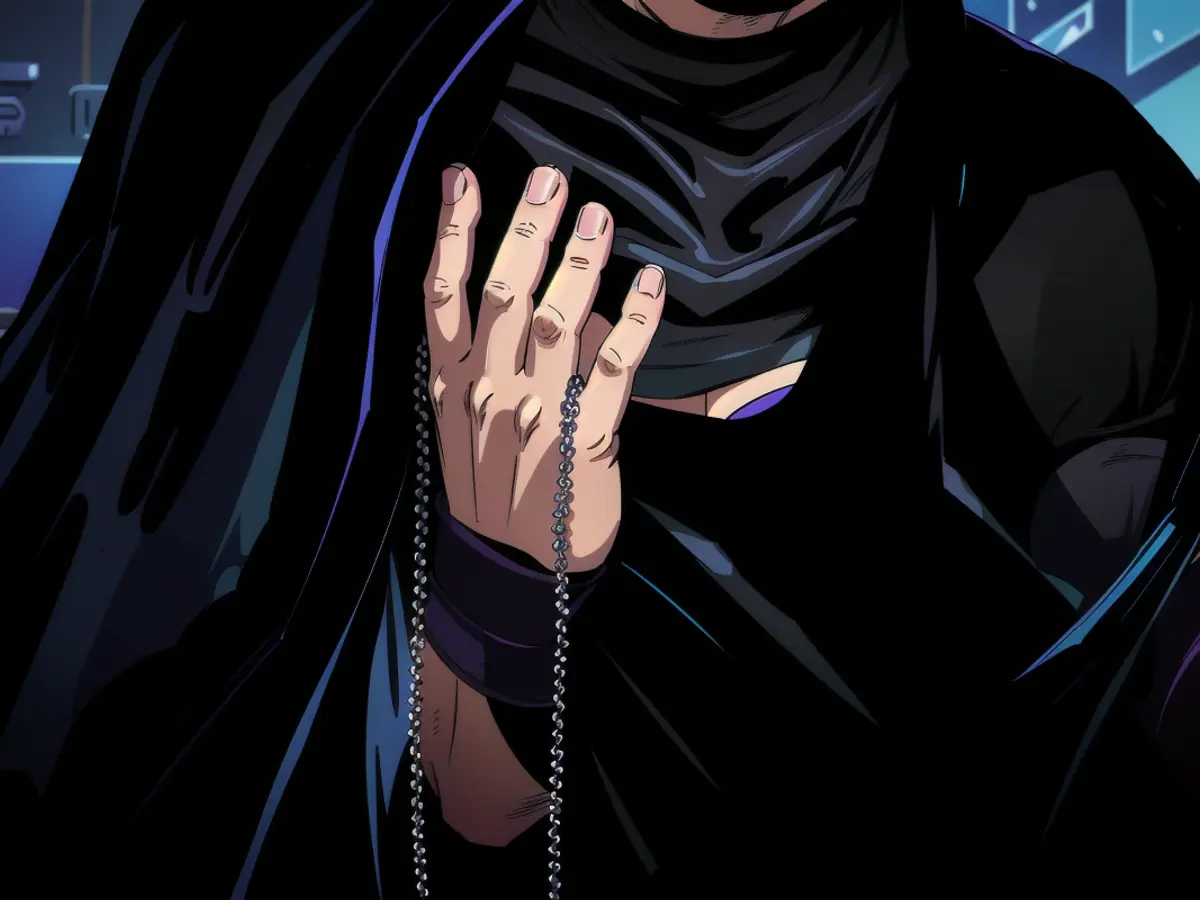What's the current situation in Iran?
Iran suffers a massive blow as they lose two high-profile politicians in a helicopter crash, including President Raisi. This incident may bring significant changes to the country's power structure.
In tragic news, President Ebrahim Raisi and Foreign Minister Hussein Amirabdollahian perished in a helicopter accident, leaving Iran with a huge leadership gap. The helicopter went off the radar on a foggy Sunday afternoon, and the next day, state media confirmed the unfortunate demise of the two men. There wasn't any clear information on why the crash occurred. The Islamic Republic already had to endure many challenges like protests, regional tensions, and an economic crisis.
Who will take over temporarily?
Iran's First Vice President, Mohammed Mochber, is now steering the government amidst this unfortunate situation, having led two emergency cabinet meetings. In accordance with the constitution, Mochber is obliged to stage new elections within 50 days. Notably, the Iranian president holds a unique position of running the government, while the real power lies in the apex of the state leadership, led by religious leader Ayatollah Ali Khamenei. Moreover, the elite armed force - the Revolutionary Guards - has significantly swelled its economy and wields considerable influence.
What are the immediate political consequences of the statesmen's deaths?
It's expected that Raisi's untimely demise will cause a fiery power battle, as per an Iran expert Arash Azizi's analysis in "The Atlantic" magazine. Raisi's passivity made way for ambitious challengers within the hardliners. They might view his ineffective presidency as a potential opportunity. "Raisi's death would reshuffle the balance of power inside the Islamic Republic," Azizi commented even before the Iranian state media confirmed Raisi's passing.
The March parliamentary elections witnessed a dominance of fundamentalist and conservative-religious politicians who are also close to Raisi. These unassuming MPs could seek to gain more ground. Moderate politicians from the reform camp have been declining in recent times, mainly due to the Guardian Council restricting their candidacies.
The current Speaker of Parliament, Mohammed Bagher Ghalibaf, has long harbored aspirations of becoming the president. Many are disillusioned following failed attempts at reform in years past and decided not to cast their vote in the recent elections.
Azizi predicts that a fierce power struggle will likely unfold once the head of state, Khamenei, meets a similar fate. Raisi was widely considered Khamenei's potential successor. "We will probably witness a simulation of the fierce power struggle before the actual one takes place," wrote Azizi.
Hamidreza Azizi, a guest researcher at the Berlin Foundation for Science and Politics, believes these significant transformations will not drastically affect Iran's political system, as it is firmly controlled by Khamenei and the Revolutionary Guards, who maintain authority over key strategic decisions. He further added that the outcomes are "neither fundamental nor a severe blow to the system," stating that they'll just affect the competition between the hardliners, without altering the strategic direction of the Islamic Republic's foreign or domestic policy.
How did the Iranian people react to the news of the accident?
Multitudes of government supporters gathered in religious centers and mosques on Monday night, paying their respects and praying for Raisi's wellbeing. State media paid tribute to his tenure, but on social media, a different sentiment was in circulation. Many Iranians openly celebrated the calamity, taking pleasure in the news. Fireworks were seen in Tehran as well. Raisi's tenure was marred by allegations of poor management and violent repression. As a former public prosecutor, he was linked to numerous detentions and executions of political opponents in 1988, earning him the unsavory moniker of "Butcher of Tehran."
Despite growing discontent among the younger generation, Raisi was still under immense domestic pressure. The government's controversial policy on mandatory headscarves further inflamed people's anger.
Read also:
- Year of climate records: extreme is the new normal
- Precautionary arrests show Islamist terror threat
- UN vote urges Israel to ceasefire
- SPD rules out budget resolution before the end of the year
In light of the helicopter crash, Iran's First Vice President, Mohammad Moussavi-Khoeiniha, temporarily takes over the government, as per the constitution. The tragedy leaves a vacancy in the country's power structure, with President Ebrahim Raisi and Foreign Minister Hussein Amirabdollahian both perishing in the accident.
Source: www.ntv.de








